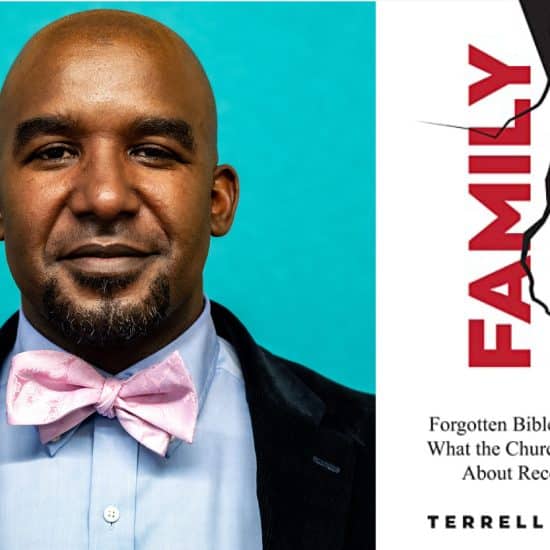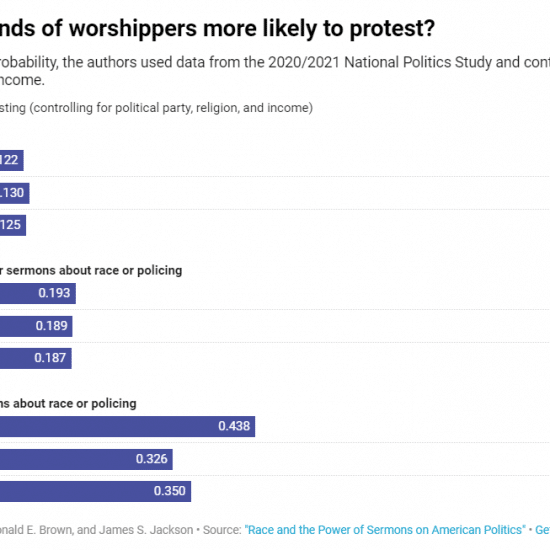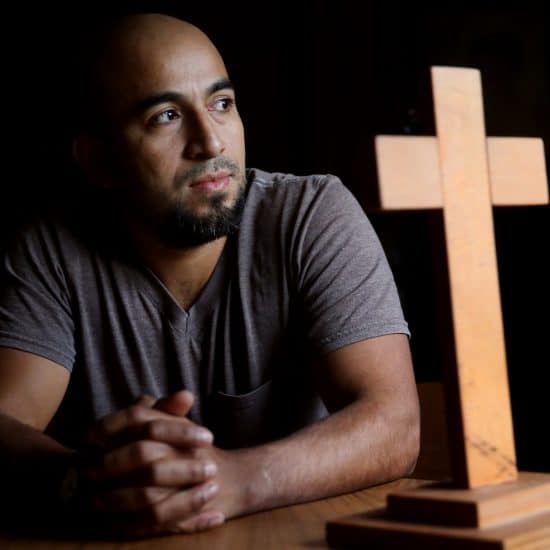More than one story in this issue underscores the reality that the world can be a dangerous place for people of faith and for people in general. One of those threats is predators, and the religious community has discovered even its churches and members are not always safe from them.
The world always has had predators, but the population of those who would harm others in a hundred different ways may be larger than ever. Undoubtedly, modern-day predators are more sophisticated in their efforts to ensnare the unsuspecting. The very young, the old and those in between all are at risk.
Schools make elaborate plans to ensure safety for their students. Most parents strive to make their homes safe havens for their families, especially their children. Security systems are popular these days.
Traditionally, churches have been regarded as safe havens. Likely that was never completely true. Today more than ever before, churches must be proactive in ensuring safety and security.
Research by LifeWay Christian Resources (see “One in eight church background checks finds record,” page 13) suggests that churches who used the service Backgroundchecks.com discovered — as the headline says — that one in eight volunteers or potential staffers checked by churches had a record.
Churches may be more successfully targeted by those of ill intent than other institutions because people of faith tend to be trusting. Many in church life can’t fathom the idea of requiring background checks on potential pastors, other ministers, other staff members or even volunteers. Some fear they will offend a potential pastor by insisting on a criminal background check.
Candidates with nothing to hide will not object to such a requirement. Anyone who does likely does not hold the safety and security of members — especially children — as a high enough priority, even if he or she has nothing to hide.
A clean report affirms something about a potential minister, other staff member or volunteer and enables a congregation to move forward in their deliberations. A confirmed clean record is valuable to the candidate.
As the story on page 13 points out, a clean criminal background check is hardly the full extent of a congregation’s responsibilities to its members and visitors. Without ongoing precautions, a church easily lulls itself into a false sense of security.
The “6/2” rule — a policy that requires that anyone working with children or youth to be an active member of the church for six months and that there be at least two non-related adults in the room with minors at all times — makes a lot of sense.
Both members and visitors with children will appreciate such a no-exceptions policy. None of us wants our children or grandchildren at risk for physical, emotional or sexual abuse anywhere.
Some say larger churches are more at risk and have a greater need for precautions, but any congregation is at risk because churches are in the people business. Baptist churches rightly welcome visitors and potential members, and they often err on the side of filling positions or service with anyone who agrees to take them, even the newest members.
Churches also need a means of reporting inappropriate conduct, especially when it involves those who work with young people. Sadly, some who have been abused as youngsters have sometimes found their cries for help ignored by those in authority and sometimes by parents. In some cases, churches side with the perpetrator and fix their displeasure on the victim, even before examining the complaints and investigating their voracity.
The antidote is to create a safe environment for reporting abuse, whether it involves abused children or adults — and to take complaints seriously. Determining a trusted adult may be guilty of criminal action necessitates involving law enforcement. Quietly dismissing a suspected perpetrator or recommending that person to another church may well contribute to the abuse of others somewhere else sometime later.
Churches and church leaders who do that are accomplices to the next crime committed in another congregation. Unfortunately, that approach to eliminating an immediate problem is not unusual.
A church can help ensure that it will be a safe haven but only by insisting on appropriate precautions.
Bill Webb is editor of Word&Way.






